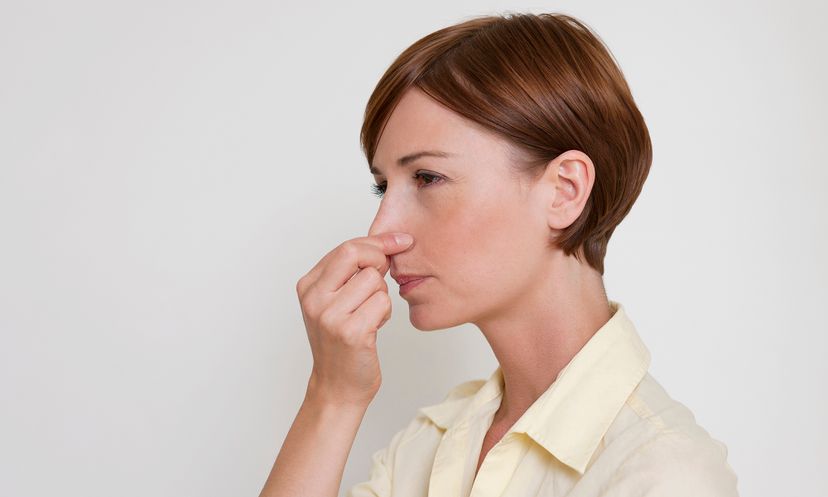
Persistent hiccups is the term given to hiccups that last for at least 48 hours. After a month of the hiccups, they are referred to as intractable hiccups. Hiccups can be serious and even fatal, so make sure you see a doctor if you have persistent hiccups.
Fetuses may hiccup in the womb before their lungs are fully developed. This could be why many premature babies spend 2.5% of their time hiccupping, which is a lot more than full-term babies hiccup.
You are most likely to get hiccups in the evening.
Advertisement
Women are more likely to get hiccups in the first two weeks of their menstrual cycle. This is why pregnant women get hiccups a lot less than non-pregnant women. Stress can bring on hiccups in both women and men.
Movement and sensation of the diaphragm are controlled by the phrenic nerves. Irritation to these nerves causes the diaphragm to spasm, making the person take a quick, short breath. The epiglottis, a flap that protects the glottis in the windpipe, closes suddenly and creates the hiccup sound.
When the stomach is very full and becomes distended, it may press against the phrenic nerves and irritate them.
Advertisement
Spicy foods are particularly irritating to the phrenic nerves. Excessive alcohol consumption and smoking, temperature changes such as having a hot drink or going out into the cold and emotional changes such as stress, excitement or shock can also affect hiccups.
There are hundreds of causes of hiccups, but they mostly can be categorized into five main areas: surgery, anesthesia, mental health problems, metabolic problems and central nervous system problems.
Charles Osborn earned himself the title in the Guinness Book of Records after 68 long years of hiccupping.
Advertisement
Many hiccup treatments aim to interrupt the respiratory cycle. It is thought that increasing the amount of carbon dioxide in the blood can distract the body from hiccupping and focuses it on increasing oxygen levels.
Applying pressure to the eyeballs is a medical maneuver used to stop persistent hiccups. Pressure may also be applied to the back of the neck and the carotid sinus found in the neck.
A spoonful of sugar is used as a remedy for the hiccups.
Advertisement
Place the sugar at the back of the tongue. This is where sour is tasted on the tongue. Placing sweet there may overload the vagus nerve so the brain will focus on that and stop the hiccups.
Placing your fingers in your ears may stimulate vagus nerve ends in the auditory system.
Sticking out your tongue and pulling on it is another recommended hiccup remedy.
Advertisement
Tickle the roof of your mouth with a cotton swab. Also, try getting someone else to tickle your body.
Simply holding your breath, or breathing into a paper bag, increases your carbon dioxide levels which may stop your hiccups.
Antacids can help with the hiccups.
Advertisement
Magnesium helps to decrease nerve irritation. It can be found in some antacids.